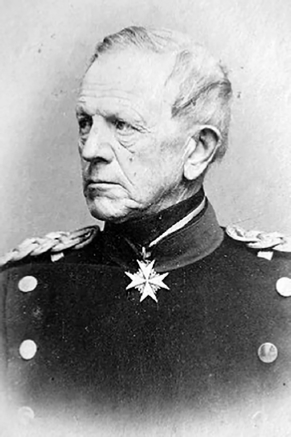

Home
Africa
Austro-Hungarian
United Kingdom
Germany
Russian
Iran
United States
Australia
Belgium
Boznia Serbia Croatia
Brazil
Canada
China
Crimea
Cuba
Czechoslovakia
Egypt
Estonia
Fantasy
Finland
France
Greece - Macedonia
Guyana
Haiti
Hungary
India
Indonesia
Iraq
Italy
Japan
Korea
Latavia
Lebanon
Lithuania
Malasia
Mesopotamia
Mexico
Namibia
North Korea
Norway
Panama
Peru
Philippines
Poland
Portugal
Rhodesia
Romania
Siberia
Slovakia
Spain
Swedan
Switzerland
Thailand
Turkey
Ukraine
Vietnam
Yugoslavia


| Guns & Cannon |
| Howitzers |
| Mortars |
| Flak |
| Cannon Wagons |
| ICBM |
| Locomotives |
| Rolling Stock |
| Armored Trains |
| Draisine |
| Narrow Guage |
| Locomotives |
| Rolling Stock |
| Armoured Trains |
| Draisine, Trolley, Handcar, Armored Railcars |
| Armored Platforms & Gun Cars |
| Locomotives |
| Rolling Stock |
| Mexican–American War (1846-1848) |
| American Civil War (1861–1865) |
| Spanish–American War (1898) |
| World War I (1914–1918) |
| Russian Civil War (1917–1923) |
| World War II (1939–1945) |
| Locomotives |
| Armoured Trains |
| Locomotives |
| USATC S100 Class (0-6-0T Tank ‘Switcher’) |
| USATC S160 Class, 2-8-0 Consolidation Type Steam Locomotive |
| USATC S200 Class, 2-8-2 Mikado Type Steam Locomotive |